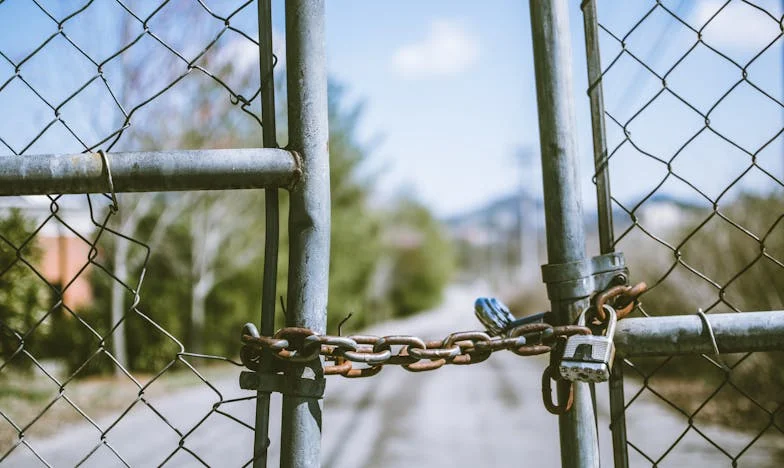Between Two Worlds: A Mother’s Struggle to Let Go
“You never really liked me, did you, Susan?” Emily’s voice was quiet, but every word cut through the thick silence of my kitchen like a knife. I stood by the stove, my hands trembling as I stirred the tomato sauce for Sunday dinner, pretending I hadn’t heard her. My son Daniel was in the living room, probably turning up the TV to drown out the tension.
I used to look forward to Sundays. When Daniel was a boy, these dinners were the highlight of my week. Back then, I was his everything—his safe place, his comfort. Now, I felt like an intruder in my own home, ever since he married Emily.
It started small. I’d notice Emily rearranging my cabinets during visits, or choosing restaurants that Daniel never liked. I told myself I was just being protective, but the truth was, I hated how quickly she’d become his world. Daniel used to call me every day. Now, weeks passed. I told myself this was normal. I lied.
The first real fight happened after Thanksgiving. Emily made her mother’s stuffing—dry, bland, not at all like the way Daniel liked it. He didn’t complain, but I could see the disappointment in his eyes. “I’ll make you some of my stuffing next week,” I whispered to him as we cleared the table. Emily shot me a look.
“Mom, don’t,” Daniel said later, quietly, when Emily was out of earshot. “Please, don’t make this harder than it is.”
I wanted to scream. How was I making things harder? Wasn’t I just looking out for him? But I bit my tongue, told myself I’d try to give them space. I failed.
I offered advice—lots of it. I’d call and ask if Emily was remembering to take her vitamins, if Daniel was eating enough vegetables. I even suggested he spend more time in our neighborhood, since Emily’s job was so far away.
One evening, after Daniel hung up on me mid-conversation, Emily called back, her voice icy. “Susan, we need boundaries. You’re making Daniel feel guilty for living his own life.”
I felt a burning rage. “I’m his mother. I have a right to care.”
“You have a right to love him, not to control him.” She hung up.
I started to feel alone in ways I hadn’t known since my husband passed away. I watched my friends become grandmothers, their families gathering for barbecues and birthdays, while mine seemed to fracture more every week. I blamed Emily. I blamed myself. I blamed Daniel for growing up.
One rainy afternoon, I drove to Daniel and Emily’s apartment unannounced. I saw Emily through the window, laughing with Daniel as they unpacked groceries, their hands touching, their faces close. I stood outside for a long moment, feeling like a stranger.
I started crying before I even rang the bell. Emily opened the door, her face falling the moment she saw me. “Susan, what are you doing here?”
“I just wanted to see my son,” I sobbed. Daniel appeared behind her, face pale. “Mom, you can’t just show up like this.”
“But you never come home. You never call.”
“That’s because every time I do, you make me feel guilty for having my own life.”
Emily stepped aside. “Come in. Let’s talk.”
We sat around their tiny kitchen table, the rain hammering the windows. I told them how lonely I was, how lost I’d felt since Daniel left home. I told them I only wanted to help.
Emily’s eyes softened. “We love you, Susan. But you have to let Daniel go. You have to let us build our own life, our own traditions.”
Daniel reached for my hand. “I’ll always be your son. But now I’m also Emily’s husband. I need you to trust that I can take care of myself—and her.”
That night, I drove home through the storm, feeling hollow and raw. I sat at my kitchen table until dawn, staring at family photos, wondering when love turned into fear, when caring became meddling.
The next Sunday, I didn’t invite them over. I waited. Daniel called that afternoon, his voice gentle. “We’d like to come for dinner, Mom. Just as a family. No expectations. No drama.”
When they arrived, I hugged Emily first. She looked surprised, then smiled. We ate together, laughing at old stories, Daniel holding Emily’s hand under the table. I realized I had a choice—to be part of their life, or to lose them both to my own stubbornness.
Sometimes, I still catch myself wanting to correct Emily, to offer unsolicited advice. I bite my tongue and remind myself: love is not ownership.
Now, I wonder: how many mothers lose their children by holding on too tight? When do we cross the line between caring and controlling? Where does love end, and fear begin?
